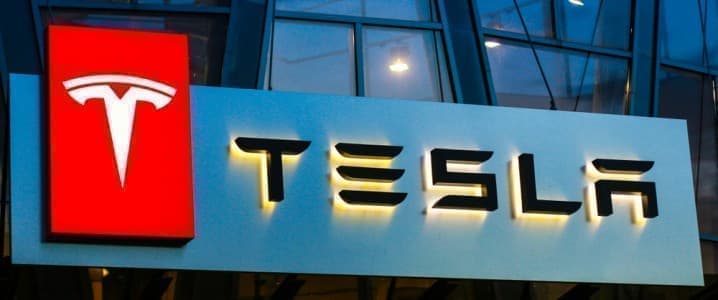Read The Full Article On: Caradvice
A new electrode design could form part of a battery able to last more than 4000 charge cycles.
Electric vehicle specialist Tesla has filed a patent for a battery component it believes will be crucial in powering an electric car for 1 million miles (1.61 million kilometres) of driving.
The patent application extends to a method of producing purer ‘single crystal’ nickel-cobalt-aluminium (NCA) electrodes for lithium-ion batteries.
“The [method presented] allows for single crystal NCA materials to be produced without impurities which lead to “dead mass” in electrodes,” Tesla’s patent states.
The NCA technology may supersede a nickel-manganese-cobalt (NMC) cathode lithium ion battery the company previously patented.
In testing, Tesla’s NMC technology battery was shown to last more than 4000 charge cycles at a temperature of 40 degrees celsius. However – when equipped with a cooling system – the NMC units were able to complete more than 6000 charge cycles, as reported by Electrek.
If an average driving range of 250 miles (402km) per charge for an NMC battery-equipped electric car could be achieved, this would equate to a total driving range of 1 million miles (1.61 million km) over the lifetime of the battery pack, Tesla claims.
A recent Twitter post by Elon Musk, Tesla’s CEO confirmed the brand’s Model 3 had been built with the intention of robotaxi duties, which could prove the ideal testing ground for a battery designed to cover 1 million miles.
Musk has also previously said the Model 3 is built with componentry designed to last up to 1 million miles of driving, however the model’s battery packs are only expected to make it to 300,000-500,000 miles (483,000-805,000km) before needing replacement.
Tesla’s NCA electrode patent marks another step towards fully-autonomous robotaxis, with the brand filing a patent for updated autopilot software last week.

